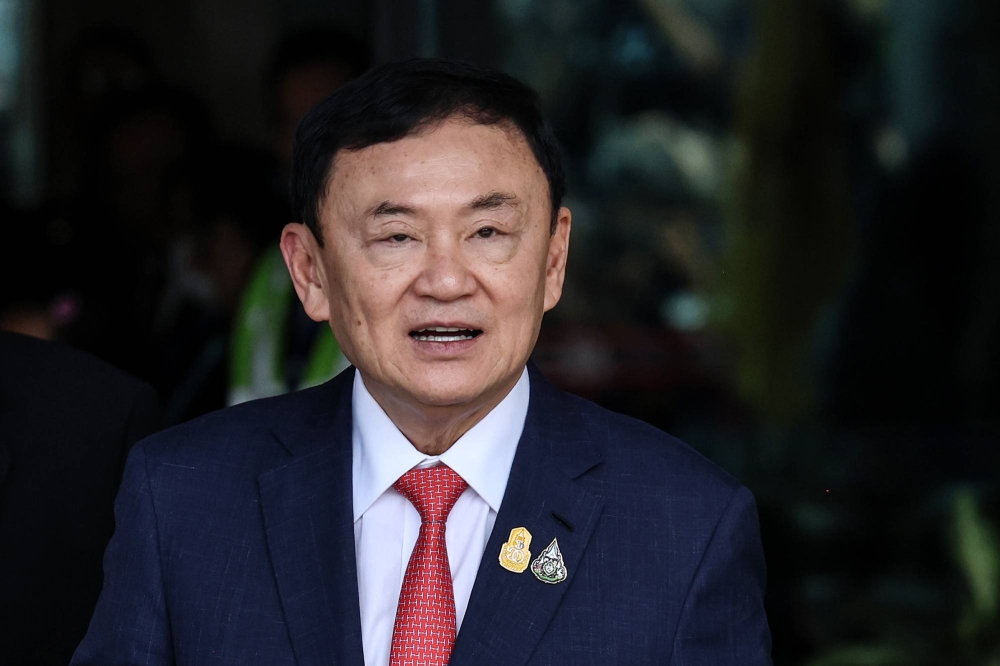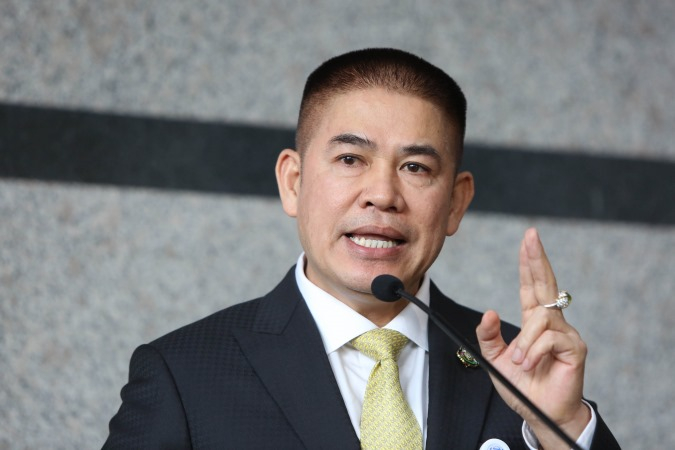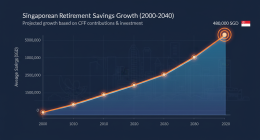General Motors (GM) is set to reassure investors that there is no cause for alarm regarding the slowing demand for electric vehicles (EVs). In fact, the company is optimistic about improving its profitability by 2025. This new message, expected to be delivered at GM’s upcoming investor day, contrasts with the ambitious goals outlined by CEO Mary Barra in 2021. At that time, Barra projected doubling the company’s revenue to $280 billion by 2030, largely driven by the growth of its EV lineup and its autonomous vehicle unit, Cruise.
Changing Market Conditions and Investor Concerns
The automotive industry is currently navigating turbulent waters, with various factors contributing to investor unease. Concerns have grown over profitability in the EV sector, as automakers face significant losses in EV investments while witnessing declining sales in gas-powered vehicles. Additionally, increased competition from Chinese automakers like BYD has created further pressure on the industry. As a result, many automakers, including GM, have adjusted their strategies to reflect the slower-than-expected transition to electric vehicles.
GM’s Focus on Stability Over Aggressive Growth
At the upcoming investor day, GM will likely emphasize stability over aggressive growth in the EV market. Rory Harvey, GM’s president of global markets, hinted at a strong third-quarter performance, which serves as a positive platform for future discussions. However, according to sources familiar with the matter, GM will stress that EV profit margins are getting closer to investor expectations and may even match those of internal combustion engine (ICE) vehicles in the near future.
Highlighting ICE Models for Profit Growth
While GM will address its EV strategy, it will also place a heavy focus on its ICE vehicles. The automaker is set to launch eight refreshed SUV models by the end of 2025, including the Chevrolet Equinox, Buick Enclave, and Cadillac Escalade. GM believes these new launches will improve profit margins on its traditional gas-powered models, alleviating some concerns about the declining demand for ICE vehicles.
No Changes to Dividends or Stock Buybacks
Despite the positive outlook on profitability, sources have indicated that GM will not announce any changes to its dividend payments or stock buyback program during the investor meeting. This cautious approach reflects GM’s desire to maintain financial stability while navigating the evolving automotive landscape.
Addressing Broader Market Challenges and Investor Sentiment
GM’s investor concerns are not limited to EV profitability. Broader issues in the U.S. auto market, such as rising inventories, affordability challenges, and increasing competition from Chinese automakers, have contributed to the decline in GM’s stock price. Even as the company raises its earnings guidance and delivers positive quarterly results, investors remain wary.
The Importance of Sustainable EV Investment
One key concern among investors is the fear that EV investments could become a financial burden if they do not lead to sustainable profits. Tim Piechowski, a portfolio manager at ACR Alpine Capital Research and a GM investor, emphasized the need for the company to carefully manage its capital expenditures and research and development (R&D) investments in EV technology. He noted that many shareholders want GM to be cautious in investing in technologies that have not yet proven their long-term profitability.
Challenges in China and Cruise Operations
Two former strengths for GM—its operations in China and its autonomous vehicle unit, Cruise—have now become sources of concern for investors. GM has faced significant challenges in China, once a key profit center for the company. CEO Mary Barra recently described the automaker’s Chinese operations as “unsustainable” without major restructuring efforts. GM reported a $104 million loss in the region during the second quarter of 2023, reflecting the growing difficulties in that market.
Cruise Faces Scrutiny
GM’s Cruise unit, which once promised to be a driver of future revenue growth, has also faced setbacks. After an incident in which one of its robotaxis dragged a pedestrian in San Francisco, Cruise’s autonomous operations were suspended. Since then, GM has reintroduced a limited fleet of human-driven vehicles in select U.S. markets. Investors are eager for updates on how GM plans to move forward with Cruise and autonomous technology in general.
GM’s Strategy for Competing in the EV Market
As GM continues to compete with industry leaders like Tesla and Chinese EV manufacturers, its strategy for reducing EV production costs and improving affordability will be a key topic at the investor event. Last month, GM and Hyundai signed a non-binding memorandum of understanding to explore collaboration opportunities. The partnership aims to leverage the companies’ combined strengths to reduce costs and accelerate the delivery of new vehicle technologies to customers.
A Closer Look at Ultium Battery Technology
A central focus of GM’s investor day will be its Ultium battery technology, which powers its latest EV models. Investors will tour GM’s Tennessee battery and EV assembly operations, gaining insight into the company’s advancements in battery technology. GM’s ability to innovate in this area is crucial to its competitiveness in the EV market, where lowering battery costs and increasing range are essential to success.
Conclusion
As General Motors looks ahead to 2025, the company is shifting its narrative from aggressive growth to stability and profitability in both its electric and internal combustion engine vehicles. While the transition to electric vehicles may be slower than initially expected, GM is confident in its ability to navigate these challenges and reassure investors. By addressing key concerns related to EV profitability, ICE vehicle launches, and market competition, GM aims to build long-term value and strengthen its position in the evolving automotive landscape.









